Die EU Kommission hat mit Mitteln des COSME Programms (Programm für die Wettbewerbsfähigkeit von Unternehmen und für KMU) ein Projekt ins Leben gerufen, dass öffentliche Auftraggeber ermutigen soll, Geschäfte mit Unternehmen der Sozialwirtschaft (sog. dritter Sektor) zu tätigen.
Grund für die Initiierung sei, dass öffentliche Auftraggeber kaum soziale Ziele in der öffentlichen Auftragsvergabe verfolgen, obwohl dies im Wege der Richtlinienerneuerung im Jahr 2014 freigestellt wurde. Im Rahmen des Projekts werden in 2019 Workshops, die aus einem Konsortium unter der Federführung von European Association for Information on Local Development (AEIDL) entwickelt wurden, in 15 EU Mitgliedstaaten durchgeführt; Hierunter auch in Deutschland.
Die Pressemitteilung der EU Kommission ist nur in englischer Sprache verfügbar:
Project launched to encourage public authorities to do business with social economy enterprises
Workshops will be organised in 15 EU countries to promote social considerations in public procurement procedures for social economy enterprises.
Following the latest major overhaul of the EU procurement framework in 2014, all public authorities across Europe may use public procurement to pursue social objectives. But in practice, many public buyers don’t dare to, or don’t know how to proceed. Public procurement remains a largely untapped source of growth for social economy enterprises.
Therefore, the European Commission recently launched a new project financed under the COSME programme. The project will inform authorities and industry in 15 EU countries about social considerations in purchasing procedures by
- raising awareness
- training contracting authorities
- training suppliers to the public sector
A consortium led by the European Association for Information on Local Development (AEIDL), bringing together other European organisations representing social economy enterprises across the EU, prepared the workshops. They will be rolled out in the course of 2019 in the following EU countries: Croatia, the Czech Republic, Denmark, France, Germany, Greece, Hungary, Italy, Ireland, Latvia, the Netherlands, Poland, Romania, Slovakia and Sweden.
Quelle: EU Kommission
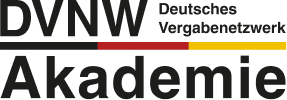






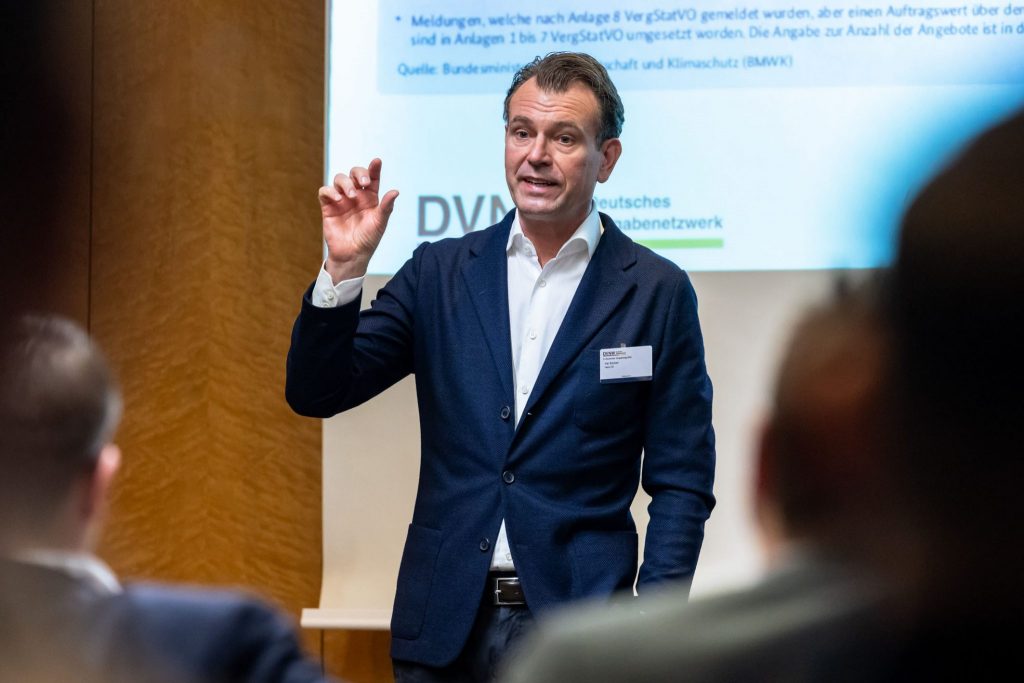
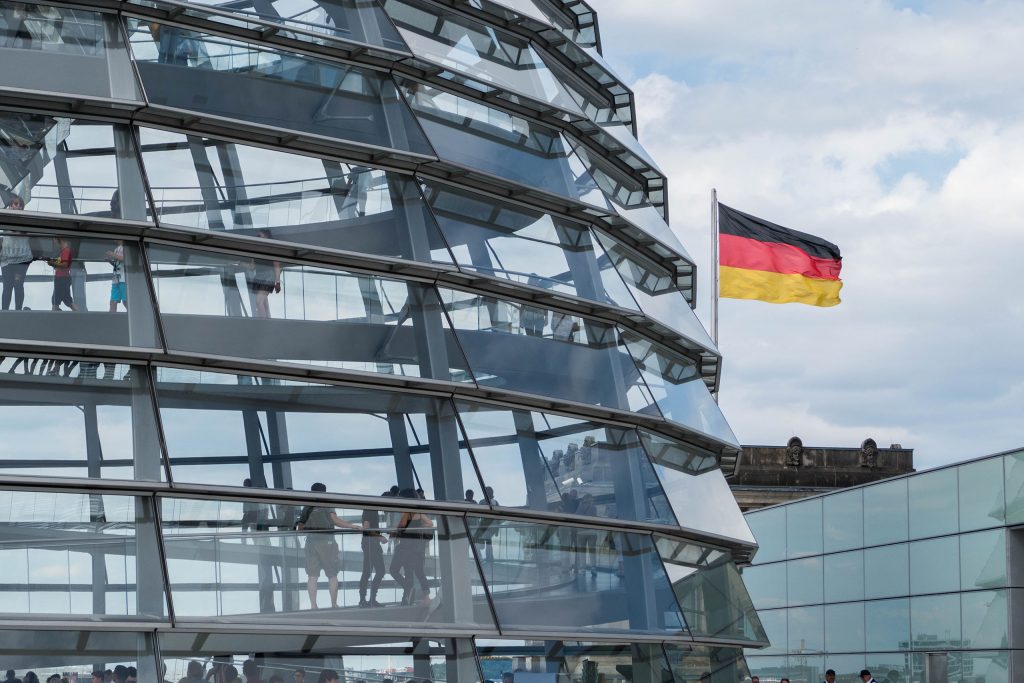
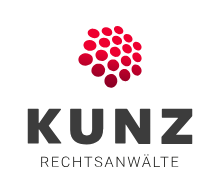
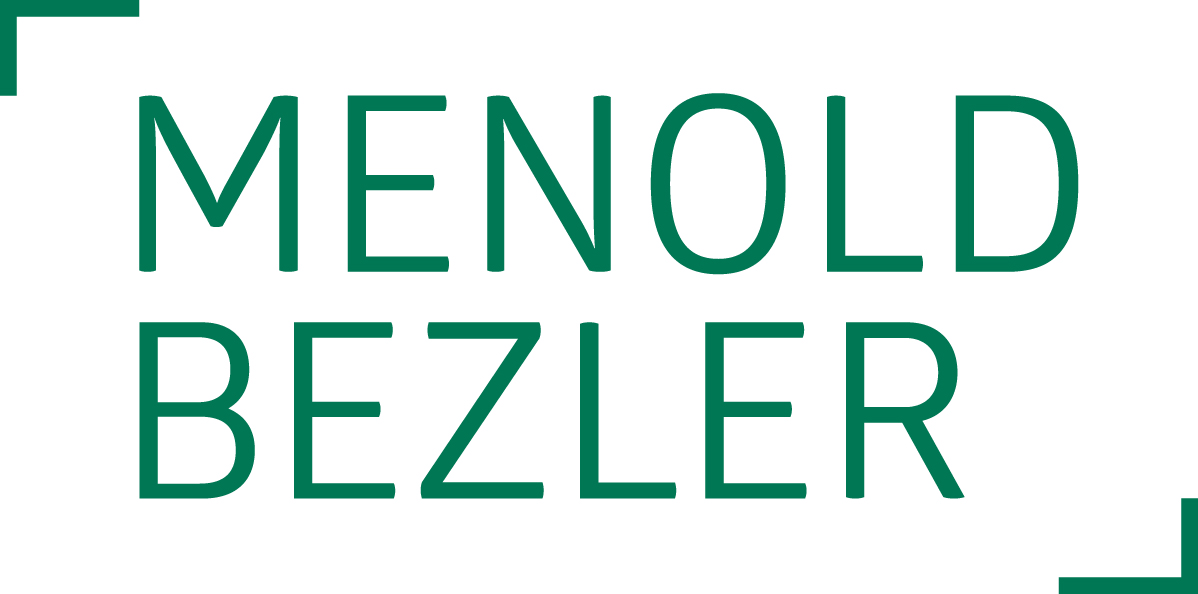

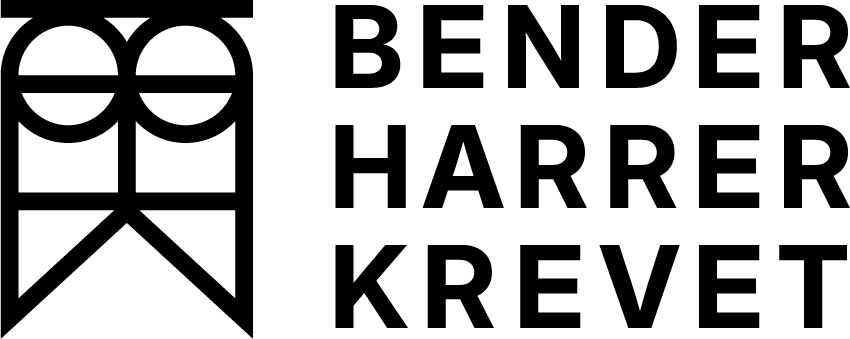

Schreibe einen Kommentar